In the posted code there is no reason to use scanf nor scanf_s in the swap function.
scanf_s is a function introduced by Microsoft as a supposedly safer(1) alternative to scanf that is too often used carelessly by unsuspecting programmers, especially for %s, %[ and %c conversions, leading to security flaws.
scanf_s was standardized as an optional extension with subtly different semantics. Programs using scanf_s are thus not portable.
Microsoft modified their C toolchain to push programmers to use scanf_s, issuing warnings or errors whenever they encounter scanf references. This is the cause for the message shown in the screenshot.
In your program, scanf_s and scanf would behave essentially the same way as the conversion %d%d has the same semantics for both functions, yet scanf_s would detect and handle null pointer arguments for %d (causing the program to exit) whereas scanf would just have undefined behavior (causing the program to exit with a segmentation fault).
The swap function can be written this way:
void swap(int *a, int *b) {
int temp = *a;
*a = *b;
*b = temp;
}
Note also that main should have an int return type.
(1) This subject is quite sensitive as commented by Andrew Henley: scanf_s is a function introduced by Microsoft as a vendor-specific, non-portable, not-any-safer alternative to scanf that results in vendor-lock-in for your code base. An illustration of their internal EEE strategy.
